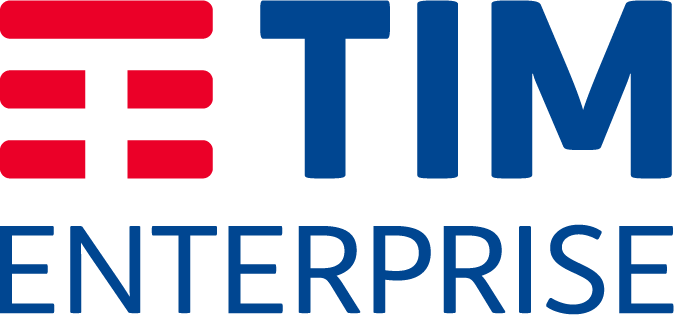As the world’s top mobile telecommunications organization, the FreeMove Alliance offers premium connectivity and helps customers define and implement a corporate mobile strategy that fits their needs and their goals. Communications service providers to offer a premium network that comes with value-added services”, says Guido Charras, Deutsche Telekom. “That’s what Telcos do, it’s a must in customer expectations. A top-quality network is imperative”.
By synchronising the know-how and capabilities of its leading mobile operators, including Orange, Telecom Italia, Deutsche Telekom, and Telia, the FreeMove Alliance offers exactly what corporations expect: the highest performing Tier 1 and 2 networks providing best-in-class mobile connectivity and an extensive range of premium managed mobility solutions that provide enterprise customers with seamless global connectivity and governance. “Innovative value-added services optimise the performance of the mobile enterprise workforce, streamline business-critical processes and open up opportunities for digital transformation”, as Lieve Peters, Deutsche Telekom, points out. Seamless mobile communication across (sometimes very large) mobile fleets is critical for doing business internationally, and often specific business models rely on it.
Enterprise mobile strategy: choosing a best-in-class network
A premium network is key for two basic reasons. Businesses need to be mobile-first if they want to thrive and stay competitive in the digital world and in the Next Normal that is emerging from the pandemic crisis.
“Mobile-first is a hot topic for companies today and workers expect to be mobile-first both in voice and data communications”, says Charras. “Digitisation is not new, but it’s pervasive now”. Secondly, but not less important, premium network providers allow their customers to operate with a Glocal model. Mobile networks serve different needs in different countries and cultures and a one size fits all approach is hardly helpful. The FreeMove Alliance is structured to support both efficient global planning, and effective local implementation.
But if mobility is in the DNA of digitisation, the real question is how to combine mobility with access and services. “The premium network is once again the answer”, says Charras. A premium network means access, availability, speed, redundancy, availability, security and much more.
“It amounts to being capable of delivering the right service for each partner”, according to Charras. “In the finance industry, for instance, real-time voice and data communication is essential, but really every customer has their list of priorities. In some industries reducing the delay on IP services is the top requirement because the delay impacts business and productivity”. Use cases may be countless: another example is the automotive industry, where trends like connected cars, electrification, and shared mobility are introducing technology-driven ecosystems and changing the way cars are developed. These business models rely on new capabilities enabled by a state-of-the-a








